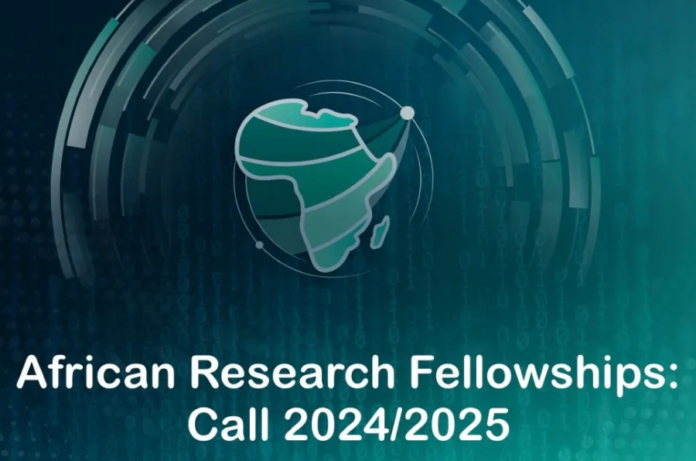The African Research Fellowship (ARF) program, initiated in 2021, is a collaborative effort between the European Space Agency (ESA) and the African Union Commission (AUC), aimed at fostering scientific innovation and research in Africa. This program provides African researchers—either PhD holders or individuals with extensive research experience in Earth Observation (EO)—the opportunity to engage in cutting-edge EO research and development (R&D) activities. The ARF program is designed to address some of the continent’s most pressing challenges, including water resource management and food security.
Key Objectives and Vision
The ARF is part of the broader EO AFRICA (African Framework for Research, Innovation, Communities, and Applications) initiative, which seeks to develop a sustainable African-European partnership in the realm of space technology and Earth Observation. Aligned with the long-term goals of GMES & Africa (a pan-African initiative led by the AUC), this initiative envisions empowering African researchers to lead innovative, evidence-based solutions for societal, environmental, and economic challenges. It also emphasizes capacity building by integrating EO data with in-situ data and advanced modeling techniques in a cloud environment.
Fellowship Program
The fellowship provides four African researchers with a 1-year opportunity to conduct R&D at the ESA-ESRIN premises in Frascati, Italy, in collaboration with ESA scientists. The research aims to maximize the use of EO data for addressing key African challenges, particularly those related to water resources and food security. Selected fellows are encouraged to tackle issues such as water productivity, regenerative agriculture, pest infestations, coastal urbanization, and the impacts of climate change on ecosystems and fisheries.
Research Focus Areas
The research areas for the fellowship are aligned with pressing continental challenges, where applicants can propose projects in:
- Water Resource Management: Projects could focus on optimizing agricultural water use, irrigation systems, or addressing coastal and freshwater challenges.
- Food Security: Projects could involve improving farming techniques, addressing pest management, or using EO data to boost agricultural productivity and sustainability.
Additionally, proposals targeting smallholder farming needs, coastal processes, and fisheries, along with issues like nutrient management, algal blooms, and habitat suitability, are highly encouraged.
Training and Support
The fellowship is designed to provide not only research opportunities but also substantial training and collaboration. Fellows will have access to the EO AFRICA Space Academy and Digital Campus, gaining scientific tools and training to enhance their research. The EO AFRICA Innovation Lab further promotes collaboration with European scientists, helping fellows refine and implement their research ideas.
Application Process
Applicants must submit a comprehensive research proposal, along with a curriculum vitae, identification documents, proof of academic qualifications (PhD or Master’s diploma), and two reference letters. The fellowship will begin in June 2025, and proposals are to be submitted by October 30, 2024.
The program is a crucial steppingstone for African researchers to leverage EO data for developing solutions to Africa’s environmental and societal challenges while fostering stronger international scientific collaboration.
















 The African Research (AR) Index is a comprehensive scholarly directory and database focused explicitly on journal publishers that publish and disseminate African research.
The African Research (AR) Index is a comprehensive scholarly directory and database focused explicitly on journal publishers that publish and disseminate African research.

